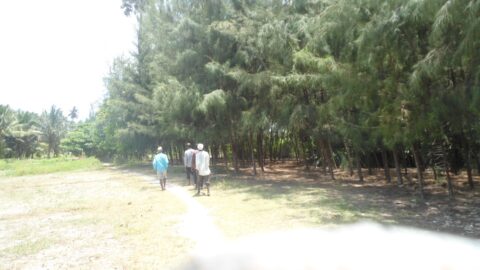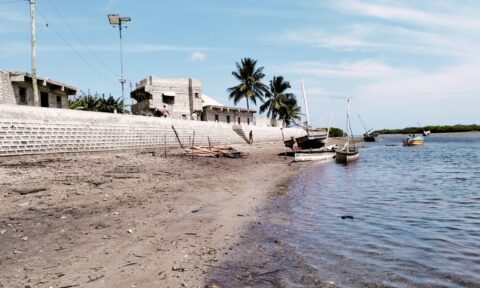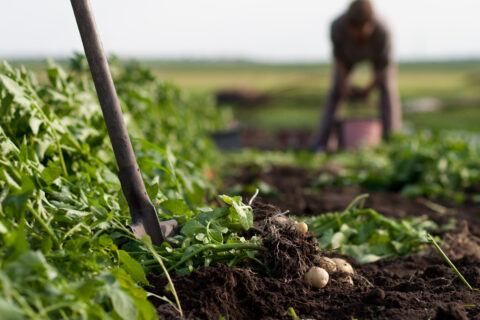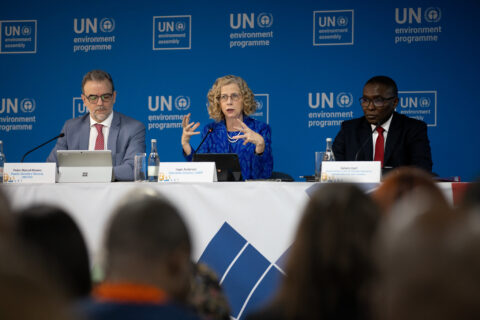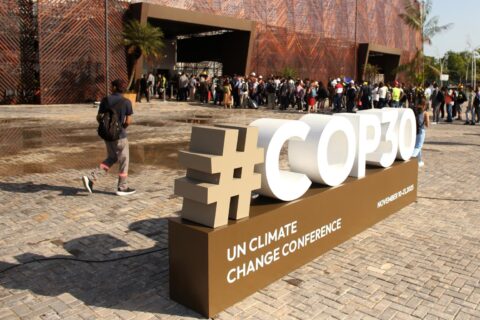Dar es Salaam. Africa’s fastest-ever growth in solar energy deployment is offering new hope for a continent disproportionately bearing the brunt of climate change. Yet, despite the surge, a widening
Tanga, Zanzibar. For residents of Tanzania’s coastal islands, climate change is no longer an abstract scientific concept. It is a daily reality measured by disappearing farmland, submerged homes and graves
Tanga, Zanzibar. Rising sea levels linked to climate change are steadily reshaping Tanzania’s coastal communities, swallowing land, destroying livelihoods and exposing ancestral graves. But beyond the environmental shock, emerging evidence
Dar es Salaam. The United States’ decision to withdraw from key international climate institutions has sparked global concern. Climate leaders and experts warn the move will weaken efforts to address
Morogoro. As climate change tightens its grip on rural Tanzania bringing erratic rainfall, rising input costs and repeated crop losses farmers in Pinde village, Langali ward in Mvomero District, are
Nairobi, Kenya. The United Nations has launched a global task force designed to help mineral-rich countries benefit more fairly from the soaring demand for critical minerals powering the clean energy
Nairobi, Kenya. Tanzania has called for greater inclusion of coastal communities, especially women, youth and marginalised small-scale fishers in climate resilience and natural resource management, stressing that lasting environmental protection
Nairobi, Kenya. At a UNEA-7 side event titled “High-Integrity Carbon Markets: Impact and Path to Accelerated Climate Action,” held on 9 December at UNEP Headquarters in Nairobi, the United Nations
Dar es Salaam. The UN Climate Change Conference held in Belém, Brazil, ended with a mix of fragile progress and deep frustration, as vulnerable countries and climate campaigners warned that
Dar es Salaam. As COP30 concluded in Belem, Parties advanced one of the most urgent areas of climate action, responding to loss and damage. A draft decision presented by the



